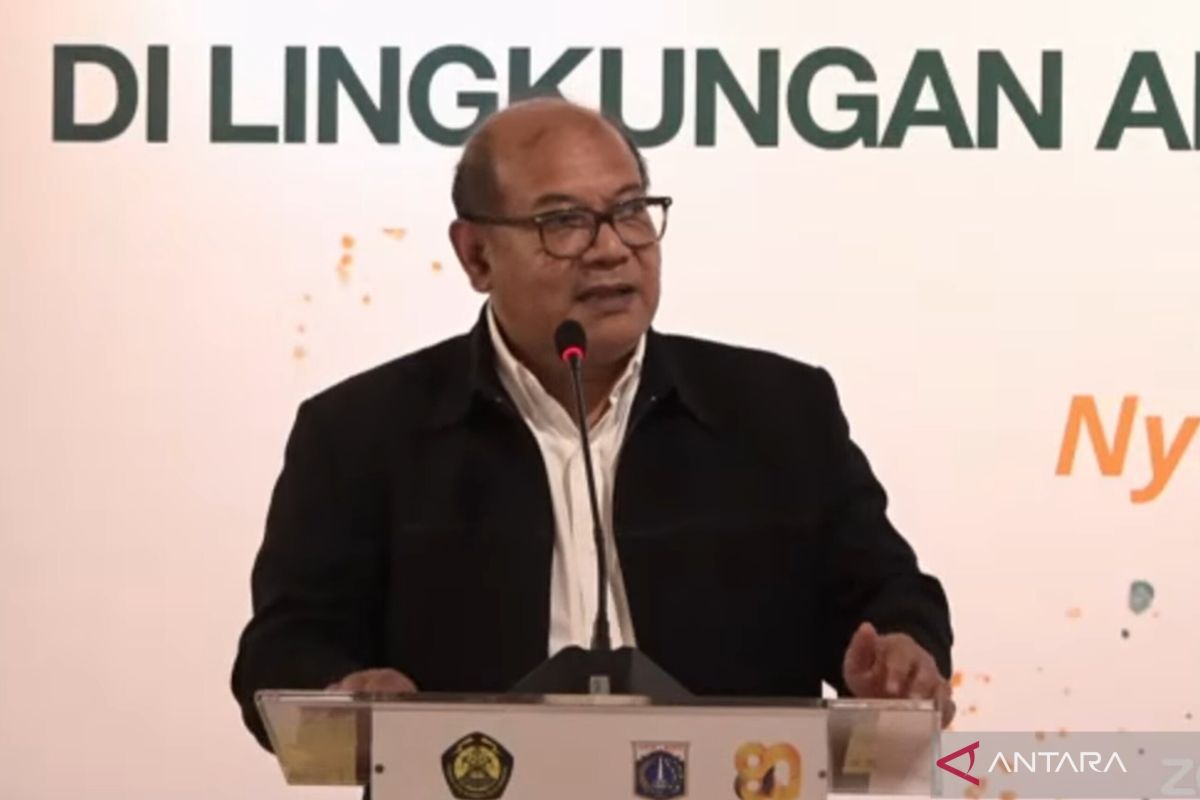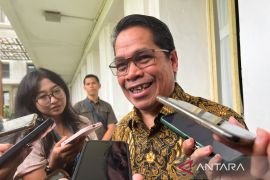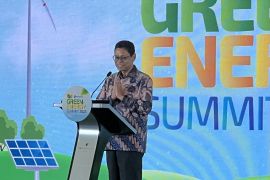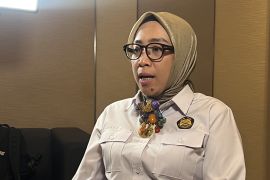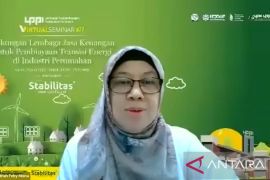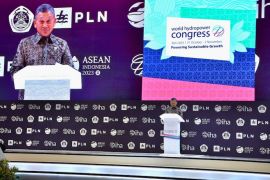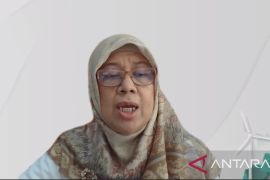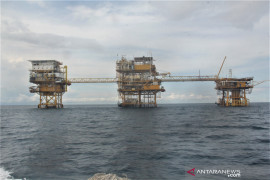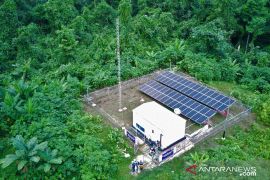“We already have eight electrical appliances labeled, and we’re pushing for another 21 to help manage electricity usage,” said the ministry's Director of Energy Conservation, Hendra Iswahyudi, in Jakarta, on Wednesday.
Indonesia began implementing the Minimum Energy Performance Standard (SKEM) through the Energy Saving Label (LTHE) on energy-using equipment in 2015, focusing on air conditioners (AC).
Later, it was expanded to include refrigerators, fans, rice cookers, LED lights, refrigerated display cases (showcases), televisions, and water dispensers.
According to him, several countries worldwide that have introduced energy-efficient labels can encourage factories to produce more efficient electronic equipment.
Moreover, the public, especially mothers, is beginning to shift to efficient appliances, no longer based solely on affordability, he said.
"Within a year or two, all products on the market will be labeled energy-efficient. This is due to consumer pressure, especially from mothers, who choose energy-efficient electrical appliances," Iswahyudi said.
He further stated that the implementation of energy management in Indonesia is not limited only to consumers, but also includes energy providers, namely electricity plants, oil plants, PLN, and oil and gas plants such as Pertamina.
Those providers are encouraged to produce efficient electricity, efficient oil, and other activities that lead to efficiency.
Transportation service providers are also encouraged to use efficient energy.
The government, he said, has frequently discussed electric buses with PT Transjakarta, and sea transportation service providers to encourage them to implement energy management.
Related news: Ministry installs free electricity connections for 131,600 houses
Related news: Indonesian government commits to developing new energy
Translator: Lia Wanadriani Santosa, Cindy Frishanti Octavia
Editor: Arie Novarina
Copyright © ANTARA 2025
